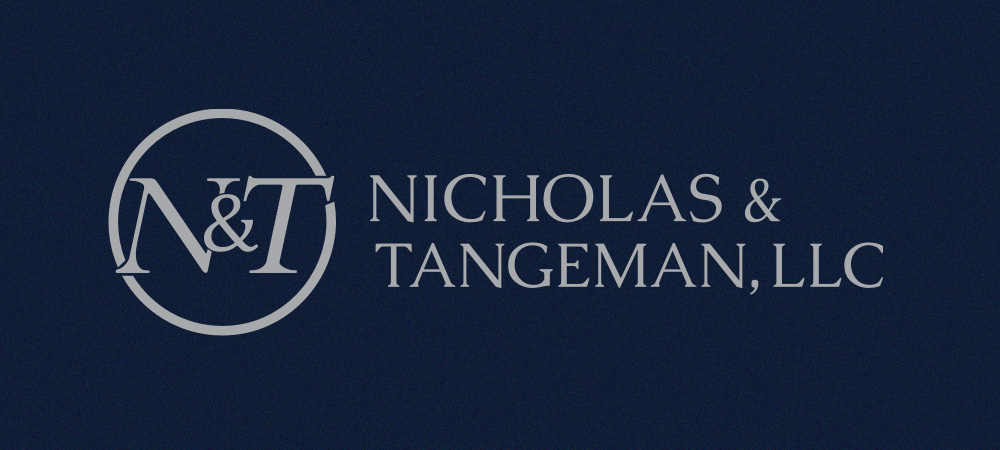Follow Us x
Charitable Gifts
Charitable Gifts
The current applicable exclusion amount is $11,700,000. This amount is increased annually for inflation, but is scheduled to roll back to $5,000,000 adjusted for inflation at the end of 2025. If an individual dies with an estate that is valued greater than the applicable exclusion, every dollar over that amount will be taxed at a rate of 40%. That is, 40 cents of every dollar over $11,700,000 must be paid to the federal government. However, the current estate tax laws allow deductions against the estate (and certain lifetime deductions) of gifts to "qualified" charities. The benefits of charitable giving should not be overlooked. If your choice is between paying 40 cents on every dollar of your assets to the federal government to do with as it chooses or using those assets to leave a legacy benefitting your community or your favorite charity, the choice may not be difficult.
A charitable gift has a number of different tax benefits, which benefits differ if the gift is made during life or at death.
Charitable Bequest/Gifts Made At Death
When charitable gifts are made at death, the estate receives an estate tax deduction equal to the value of the gifted property.
Charitable Gifts Made During Life
Charitable gifts made during life can be more advantageous than those made at death. Gifts made at death generate an estate tax deduction; however, lifetime gifts both remove the gifted property from the donor's estate and provide the donor with an income tax deduction while the donor is alive. Also, gifts made to qualified charities are not subject to a gift tax. The income tax deduction is generally the full market value of the gifted asset at the time of the gift. Gifts of money made to a "qualified" charity are deductible up to 50% of the donor's adjusted gross income for the year of the gift. Gifts of appreciated property such as stocks or real estate offer the dual savings of a tax deduction for the full fair market value of the gift and avoidance of capital gains tax on the appreciation of the gifted property. Gifts of appreciated property are deductible up to 30% of the donor's adjusted gross income for the year of the gift. If the donor cannot use the full value of a charitable deduction in the year of the gift, the excess can be carried over for the next five (5) years.
Remainder Interest Gifts of Personal Residence or Farm
Lifetime gifts of a "personal residence" or "farm" can be gifts of all the donor's interest in the property or a gift of the remainder interest. Gifts of a remainder interest in real property remove the property from the estate of the donor and allow the donor to keep possession and use of the property during his or her life. The donor receives an income tax deduction in the year of the gift for the value of the remainder given to charity. The value of the remainder is determined by subtracting the value of the retained life interest from the property's total value. The value of the retained interest is calculated using IRS tables to determine the donor's life expectancy and the value of a retained interest for the period of the life expectancy. A charitable gift of a remainder interest can be used for
residences and farms or ranches where children do not want to take over and payment of estate taxes would require a sale of the property.
Lifetime Gifts of Life Insurance
Lifetime gifts of life insurance offer special advantages. A donor can make a larger gift to charity with lower cost by using the leverage of insurance. If you have a life insurance policy that you no longer need, consider giving the policy to a charity. When you transfer ownership of the policy to the charity, the cash value of the insurance can be taken as an income tax deduction for the year of the gift. All future premium payments made by you will also be income tax deductible. Cash values of the insurance can be used by the charity while you are alive and death payments will go to the charity without delay for will or trust administration at your death.
Qualified Conservation Easements
Conservation easements are another method of giving a partial interest in property during lifetime or at death. A conservation easement is a grant by the owner of the land of a restriction on the future development or use of the property. The restriction could be to preserve the land for recreation or educational use, protect natural habitat, preserve open space for scenic enjoyment of the general public, or preserve a historically important land area or structure. The gift of the easement must be to a non-profit organization or a government entity. If the easement is created under a will or trust at death, the value of the property included in the estate is reduced by the value of the easement. If the easement is a lifetime gift, there will be a lifetime income tax deduction and a reduction in the estate tax value of the property at death. There is an additional estate tax exclusion for conservation easements, which is provided in addition to any income tax deduction or estate tax value reduction provided by the easement. An amount up to 40% of the value of the property, after the value reduction by reason of the easement, may be excluded from the taxable estate, up to a total of $500,000.
